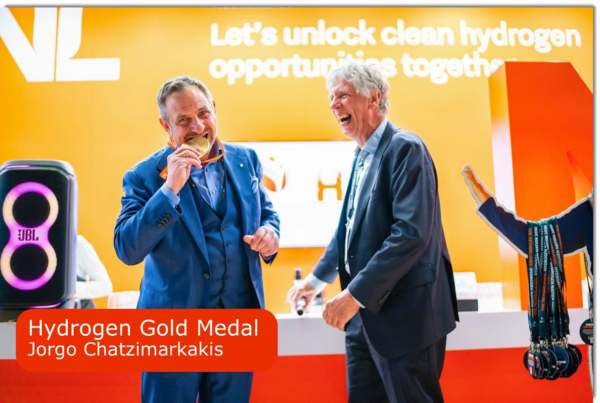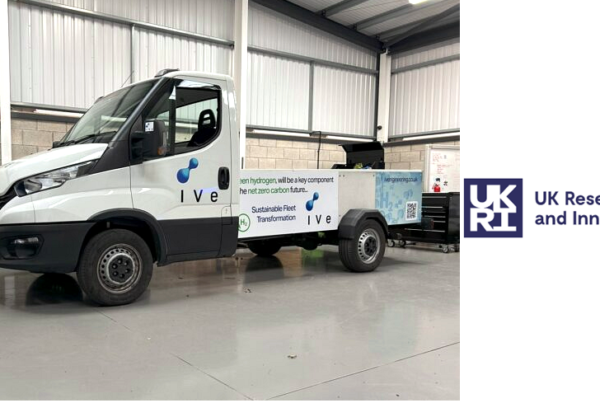
The Israeli Ministry of Energy and Infrastructure has revealed an ambitious national roadmap to weave hydrogen into the fabric of the nation’s energy ecosystem.
This initiative falls in line with Israel’s broader objective of evolving into a low-carbon energy economy by the midpoint of the century. Hydrogen is acknowledged as a flexible alternative, providing possibilities across multiple sectors such as transportation, industrial processes, electricity generation, and energy storage.
The national plan, spanning multiple years, zeroes in on various focal points: research and development (R&D), creating regional hydrogen hubs or ‘valleys,’ flexible regulatory frameworks to allow seamless incorporation of hydrogen in the energy sector, and robust engagement within the global hydrogen fraternity.
The plan envisions R&D initiatives and pilot projects tackling the key hurdles in the hydrogen domain, including cost reduction, logistics streamlining, safety augmentation, and efficiency boosts in the production, storage, and usage cycle. Through an investment in R&D, Israel hopes to spur innovation and engender sustainable solutions that hasten the uptake of hydrogen technologies.
The hydrogen valleys model envisages localized clusters encompassing the entire hydrogen supply chain. This involves the development of optimized production technologies, storage solutions, transport infrastructure, and the application of hydrogen across the industrial, transportation, and energy sectors. By creating these hydrogen valleys, Israel aims to provide innovation test grounds and propel the scalability and commercial feasibility of hydrogen technologies.
Israel intends to build the necessary infrastructure to facilitate hydrogen integration. This includes setting up dedicated hydrogen refueling stations, promoting regional green hydrogen production, investigating subterranean hydrogen storage solutions, and evaluating the potential use of existing natural gas pipelines for hydrogen conveyance. This infrastructural progress will provide a solid base for a thriving hydrogen ecosystem and promote widespread acceptance of hydrogen-based solutions throughout the country.
Israel plans to foster international partnerships as a key element of its hydrogen strategy. By teaming up with different nations and entities, Israel plans to tap into collective wisdom, speed up technology development, and drive down costs across the hydrogen supply chain. These partnerships are also expected to catalyze new trade connections and broaden Israel’s energy portfolio, thereby enhancing energy security and sustainability.
The Ministry of Energy and Infrastructure projects that by 2050, Israel could witness a surge in hydrogen demand up to 5.2 million tonnes, spurred by the need for clean electricity, heavy transportation, industry, aviation, and maritime shipping. By proactively integrating hydrogen into its energy matrix, Israel not only positions itself as a forerunner in sustainable energy solutions but also contributes to global climate change mitigation endeavors.
Read the most up to date Fuel Cell and Hydrogen Industry news at FuelCellsWorks




